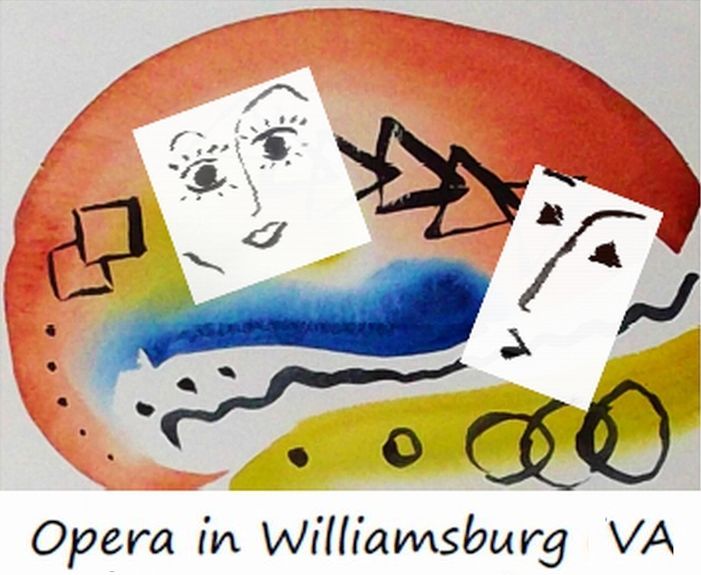A Concert of Russian and French Art Song Cycles
with bass Denis Sedov and soprano Kinneret Ely
Pianist: Stanislav Serebriannikov
Nov 16, 2023 at the Williamsburg Regional Library Auditorium
Jacques Ibert, Chansons de Don Quichotte
Hector Berlioz, Les Nuits d’Été (Summer Nights)
Pyotr Ilyich Tchaikovsky: two songs
Sergei Rachmaninov: two songs
Modest Mussorgsky: Songs and Dances of Death
The repertoire of French art songs (mélodies) and Russian art songs is closely intertwined. Berlioz’ Nuits d’Été was among the earliest composed mélodies (1841), and combines delicate evocations of nature, symbolism, and yearning, with soaring vocal lines. The other set of French songs in our evening, Ibert’s Don Quichote songs, is one of the latest in the program (1933) and was composed as movie music for the great Russian singer Feodor Chaliapin. The Russian songs of Tchaikovsky, Mussorgsky, and Rachmaninov are all influenced by Berlioz, and focus on the same Romantic themes of nature and yearning. Tchaikovsky’s songs were among his most popular works in his lifetime, and the Serenade of Don Juan was particularly popular; the songs in our program are a part of a group of six romances that were written in 1878. Rachmaninov’s songs in our program were each written separately, within a different song grouping. Both of them were written by 1916, before the composer left Russia, and set to music poems that revolve around Russia’s landscapes and nature. Mussorgsky’s cycle “Songs and Dances of Death” are four mini-dramas, featuring Death in four different settings: “Death” in Russian is a feminine noun – Mother Death, as it were, powerful and tender. In the songs she engages with a sleepless mother over her feverish baby, with a sickly maiden, with a drunk peasant lost in a snowstorm and lulled into sleeping to death in a snow drift, and finally as a commanding figure laying to rest the fighters who have lost their lives on both sides of a fierce battle. .
In memory of Shahar Kadman, Naama’s cousin, we are adding to the evening two Israeli songs: Halicha Lekeisaia and Dodi Li. Both are deeply imbued with the landscape and poetry of Israel, and also draw upon the Russian musical tradition.

